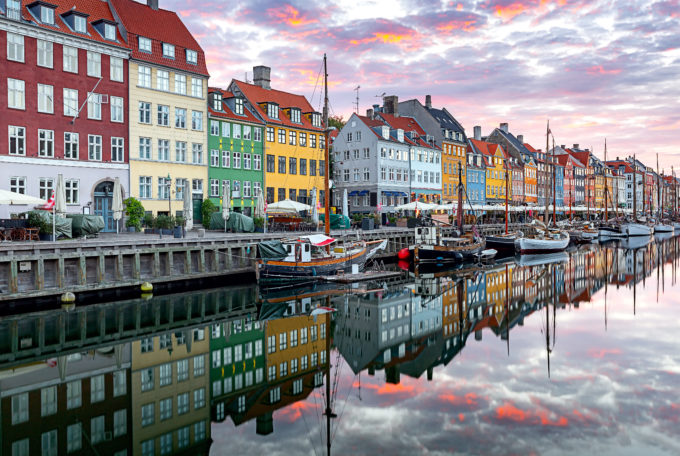Tech is also exacerbating some of the social problems that already existed, making our economies less sustainable. Look at the digital disparities – not just between developed and developing countries, but within countries – between men and women, and between rich and poor. This is made even worse by “greedflation”: as inflation increases, corporate profits increase. The most productive sectors in an economy tend to be large companies, but the ones who create most of the employment tend to be small and medium ones – and because they cannot increase productivity as fast, they pay lower salaries. And so, the gap between rich and poor gets bigger.
Unpopular fact no.3
The carbon crisis is costly. We can’t reduce our carbon footprint and enjoy the same level of prosperity we’re used to. When you read that economic growth no longer requires rising emissions – do not believe it. We should work to reduce emissions and we must accept that this will be costly for the economy. Germany chose growth and it required consuming more coal. It has been estimated that a ban on all new coal, gas, and oil in Australia would trigger a loss of 3.6% of that country’s workforce.
Unpopular fact no.4
Geopolitics is fueling a return to protectionism. Economists like myself were trained in Competitive Advantage Theory, which holds that when two countries produce too much, they can sell goods and services to each other and both win. But that does not apply anymore. What we’re already starting to see, and what will only increase over the next few months, is a return to each country looking after itself – a reverse globalization which I think of as fragmentation.
We’re seeing the return to protectionism already. Brazil, India, Singapore, Saudi Arabia, and Indonesia have increased their barriers to trade massively to protect their economies. The war in Ukraine has divided the world in a strange way as well, with countries that didn’t belong to the traditional blocs deciding who to back. So, we’ve seen Turkey and India, for example, making trade agreements with the US.
Losing winners and winning losers
Now here comes the really interesting part. When you take all of the above into account and view the latest World Competitiveness Ranking – which ranks on economic performance, government, business efficiency, and infrastructure – through a different lens, the countries at the top look worrisome. And it’s the countries at the bottom that look promising.







